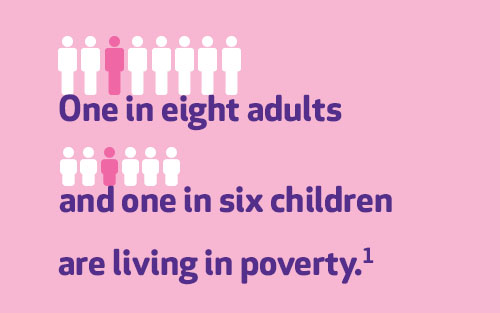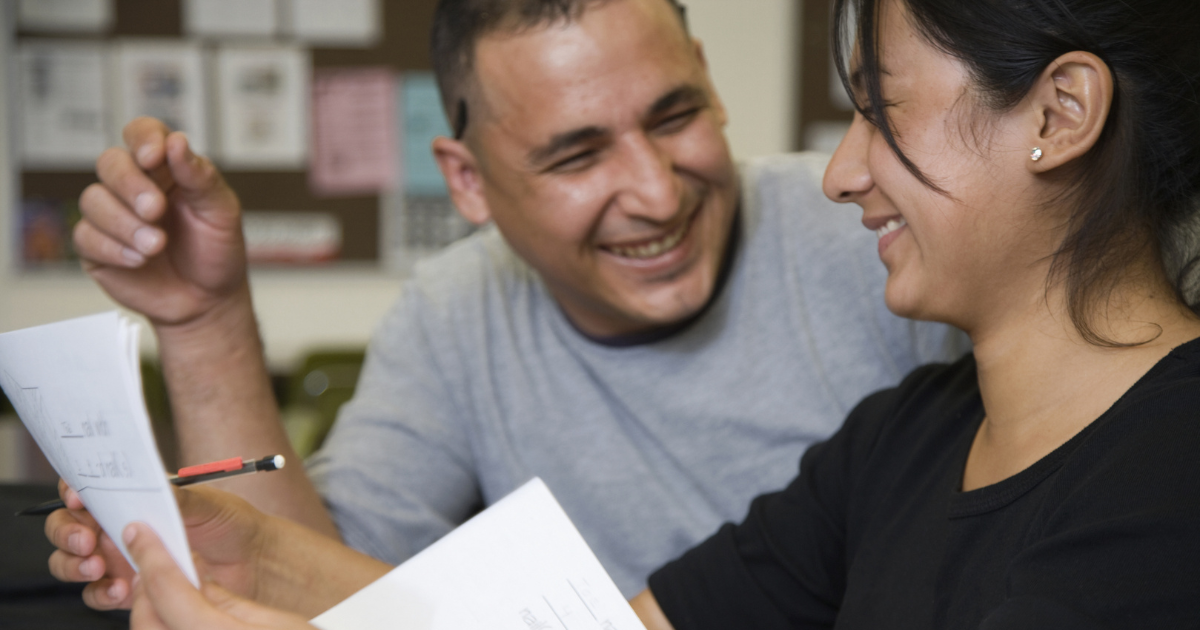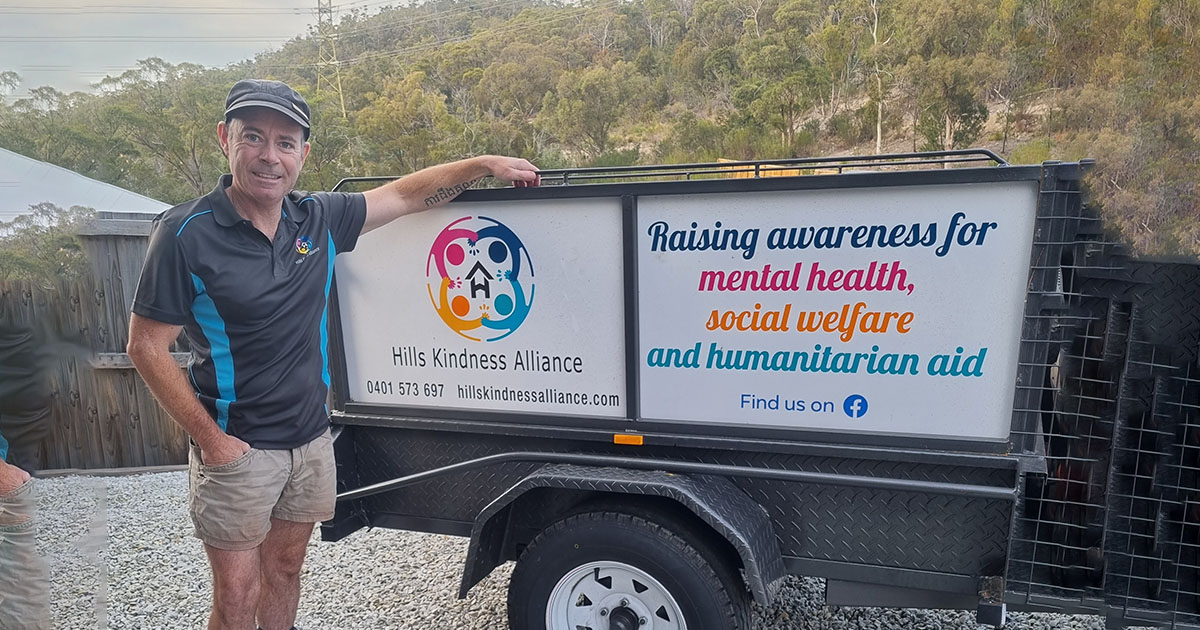How to get involved in Anti-Poverty Week
Anti-Poverty Week (13-19 October) was established to raise awareness around the causes and consequences of poverty in Australia. The week-long campaign in October is the best opportunity to get involved in a national push to alleviate poverty and help people facing hardship. Here are four ways you can get involved this Anti-Poverty Week.
But first, what is poverty?
Poverty looks different around the world. There are millions of people still living in extreme poverty. Although it looks different, poverty still exists in Australia.
Poverty is a relative concept used to describe people who live below the median income. In 2022, 3.3 million people were living below the poverty line, including 761,000 children. In dollar figures, the poverty line works out to $489 a week for a single adult and $1,027 a week for a couple with 2 children.1 While many Australians can feel the pinch at times, people living in poverty can be forced to make difficult decisions every day, often choosing between food or shelter.
Poverty is linked with inequality. Research demonstrates that in Australia, the main factor determining poverty status of older people is their housing status. Australians who are most likely to be experience poverty are those who are renting, sole-parent families or families with children reliant on part-time earnings.

Four ways to get involved in Anti-Poverty Week
1. Share the facts
It’s hard to believe that in a country as affluent as Australia, poverty persists in our communities. Understanding the reality of poverty in our communities is important in the fight against poverty. During Anti-Poverty Week, share facts and stories to help spark important conversations. You can share facts by:
- Creating a post about why you care about poverty on your social media channels
- Resharing an insightful post about poverty on your social media (check out our social media channels)
- Creating an event where you can talk about poverty
- Signing up to our monthly newsletter to read more stories about poverty and homelessness
- Writing an email to encourage your colleagues or friends to learn more about poverty.
2. Address the life-long impacts
Poverty is not just about a lack of money or food. Poverty can have life-long consequences on an individual’s mental, emotional, physical and social well-being. Some of the long-term impacts of poverty on an individual can include:
- Risk of homelessness
- Malnutrition
- Lack of access to health, legal or social protection services
- Loss of confidence
- Vulnerability to abuse or exploitation.
Saved from the brink of homelessness: Julia’s story
Poverty affects parents like Julia who had to make the choice between overdue bills and groceries. Financial stress is tough for anyone, especially single parent families.
Read how our supporters helped Julia’s family overcome poverty and move into an affordable home. Read more.
Breaking the cycle of poverty requires a collaborative and long-term investment in a person’s life. While it’s important to address the short-term effects of poverty, your generosity can help charities like Mission Australia tackle the long-term impacts of poverty. Mission Australia helps tackle poverty by strengthening vulnerable communities, supporting families to gain meaningful employment and helping individuals on their journey to living independently.
3. Write to your local MP
We continue to make policy submissions, and advocate strongly for further investment in social and affordable housing, actions to end homelessness, adequate income support and other policy priorities to support people in need to thrive.
Mission Australia urges the Federal Government to adequately raise income support. We firmly believe that income support should do what it’s designed to do: protect people from poverty, not condemn them to it.
During Anti-Poverty Week, your voice can help call on the government to address poverty and homelessness.
Write to your local MP:
- Let them know you care deeply about poverty and homelessness
- Encourage them to work towards a solution: lifting income support, and building more social and affordable housing.
- Remind them that there are there are 3.3 million people living in poverty in Australia, including one in six or 760,000 children.1
4. Pray!
Praying for people facing hardship or disadvantage is a powerful way to offer encouragement and support to others. Prayer is an opportunity to be comforted by God’s love when we face circumstances or problems outside of our control.
One of our chaplains, Karen Ravenscroft-Wheeler, shares one way you can pray for people in need:
Loving God, I pray for those who live in poverty, May I never be so comfortable that I am numbed to their discomfort. I pray for those who are in crisis, May I never be too busy to see pain in the face of a stranger. I pray for those who are marginalised, May I never be so privileged I forget those who have none. I pray for your guidance, That my actions and my words reflect the love you have for each and every one of us. Amen.
Become a Mission Australia prayer partner, by subscribing to our prayer diary here.
1 Poverty in Australia, ACOSS & UNSW (2022)
Related news and stories
Read about what we’ve been working on, our stance on important social issues and how you make a difference to vulnerable Australians' lives.

Summer savings: How to save on your energy bill

Growing hope: How two gardeners are making a difference in Australia's homelessness crisis

Meet the people changing the future with a gift in their Will

Three meaningful ways to spread kindness this Christmas

Prayers to boost your self esteem

